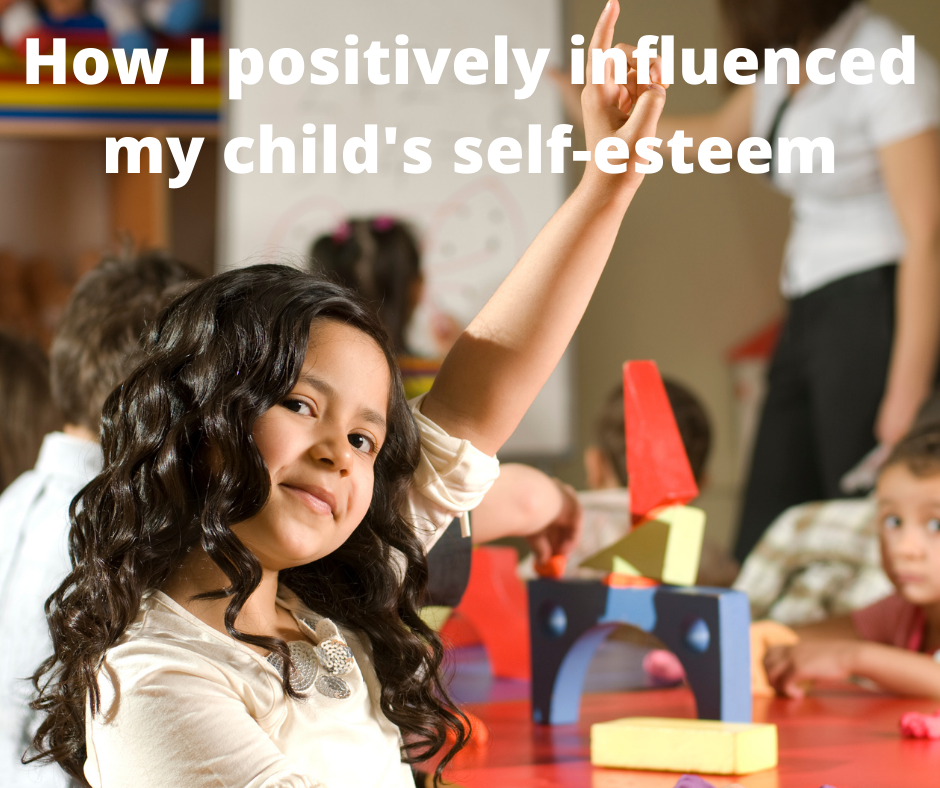
We, as human beings are very receptive and are receiving conscious and subconscious messages constantly, whether they are being purposefully sent or are getting through by default. Often things people say or the attitudes they have with you can find their way into your subconscious and eventually become the messages you then tell yourself.
When my son was eight, he was subconsciously receiving the following messages from school:
‘You are being irritating for having sensory overload issues’
‘You will only be praised if you do exactly as you are told’
‘You have to fit into what other people’s specific agenda in order to be accepted’
‘Your personal feelings and interests are unimportant’
The messages he was receiving from us at home were:
‘You are accepted for everything you feel and think.
‘Your sensory overload is acknowledged and you are supported in how it all makes you feel’
‘You don’t need to fit into anyone’s agenda to be loved’
‘You will not be forced or coerced to do things you can’t manage but you will be encouraged to try new things – with a ‘can-do’ attitude behind you.
This was a very interesting thing to become aware of as it was something I could be empowered to help him with – not to help him to cope with the messages from school but to fill him up with lots of different and good messages that would help him to feel accepted and loved for who he was. I could learn to unwind the negative beliefs that were building up in him and help him to build on positive beliefs about himself. This happened by spending quality time with him, showing him I loved his company, his character, his thoughts and his ideas – not as any strategy but because I loved him.
The more you believe in the messages you receive – both helpful and unhelpful, the more things that happen around you tend to confirm these messages and you start to build up a picture of what you believe about yourself. I found it very important to have some empowerment over what my child was believing about himself.
We ended up realising that he was receiving way too many negative messages from school and because our messages at home were so self-accepting, positive and enabling, we realised this could create conflict in him. So we took him out of school to give him just one set of consistent messages. At the age of eight his Headteacher told me that the school couldn’t teach him anything academic, that they spent all their time managing him and that I should just look ahead to assisted working. I didn’t believe this but when I explained my thinking, they told me I was not facing reality. I knew if my son were taught in a way he could access and had positive messages and a can-do attitude behind him all the way he could make amazing progress.
This has proved to be true. Now, at 17 he has exams, a college diploma and has been offered a place in a music college. He is a script-writer, a pianist, a song-writer, a film maker and an editor. He also loves acting.
More importantly than this he has a good sense of self-esteem. He likes himself and he likes others. He knows his worth and he sees worth in others – hence he has a good set of friends.
The biggest thing I learnt from all this was to become aware of the messages he would be receiving through people and expectations around him, to bring them into conscious thought and to ask myself which messages were the most helpful for his growth and development. The attitude of the people around him was everything and knowing this, gave me the empowerment to choose to change the people and situation around him to his advantage.
TAKE AWAY
It is really interesting to become aware of the conscious and subconscious messages that our children are receiving about who they are and their worth as a person. This will inevitably go to build the foundation of their views and feelings about themselves.
It is worth thinking about the messages your child will be receiving from teachers, peers and from you and your family. How will that build their self-view? It’s a good thing to know that you can be empowered to input lots of the good messages into your child, not just by telling them but by being with them, enjoying their company and showing them first-hand how important they are.
The closer the relationship you have with your child, the more influence you can have on their feelings about themselves. You have more empowerment than you think and this can make all the difference to your child’s self-esteem and ultimate mental health in the future.
Sally Wagter, author of Miracle in Slow Motion.
Recent Comments